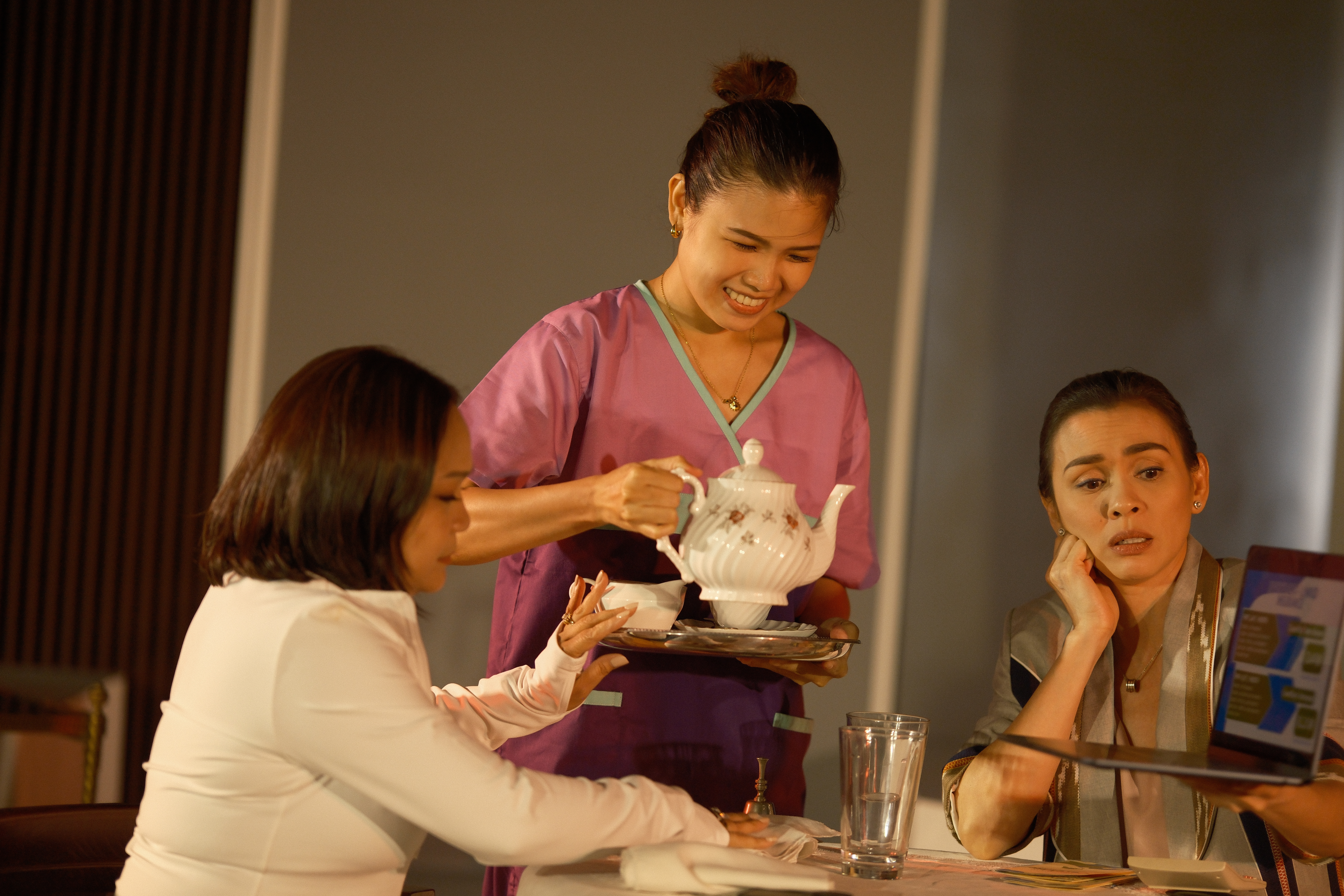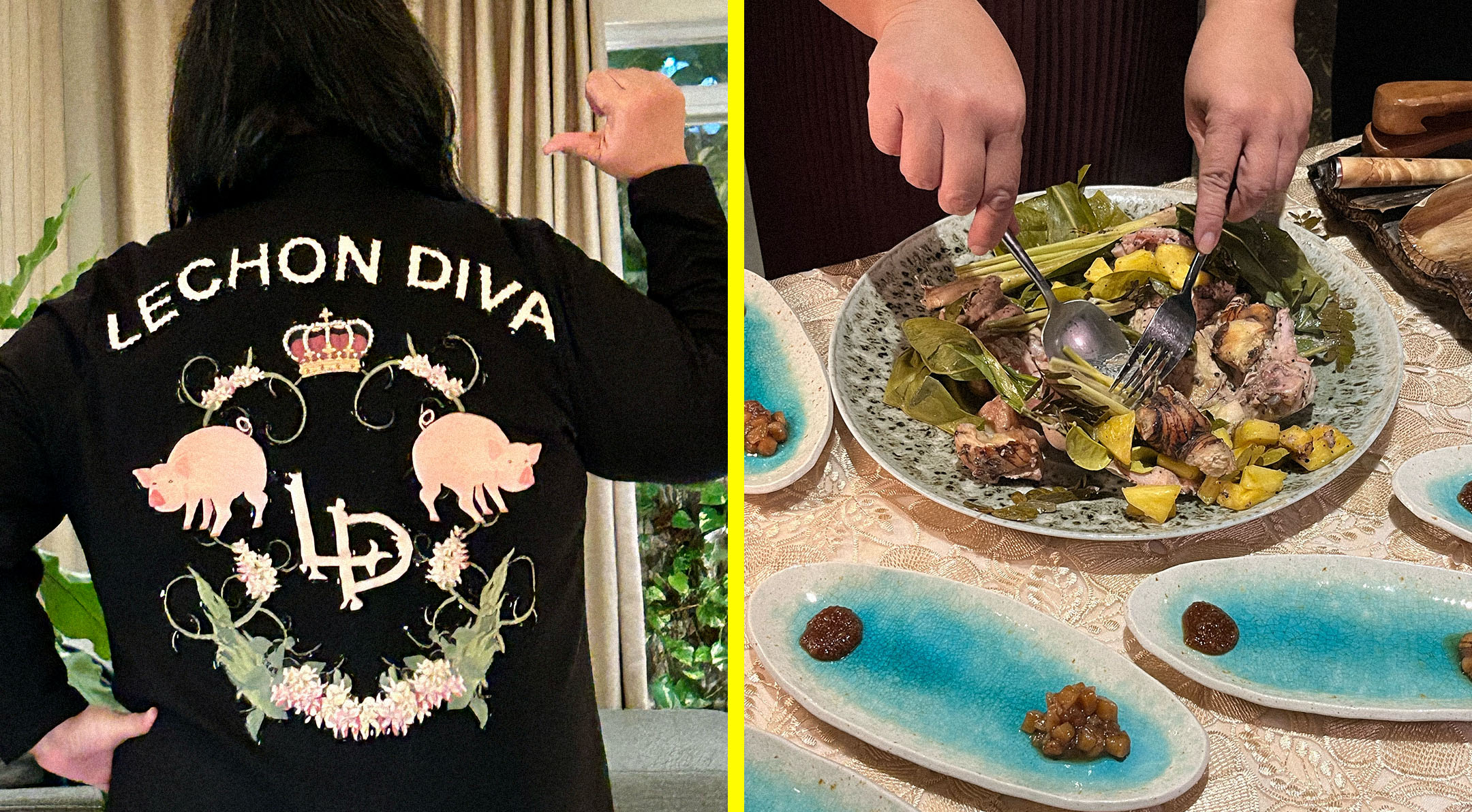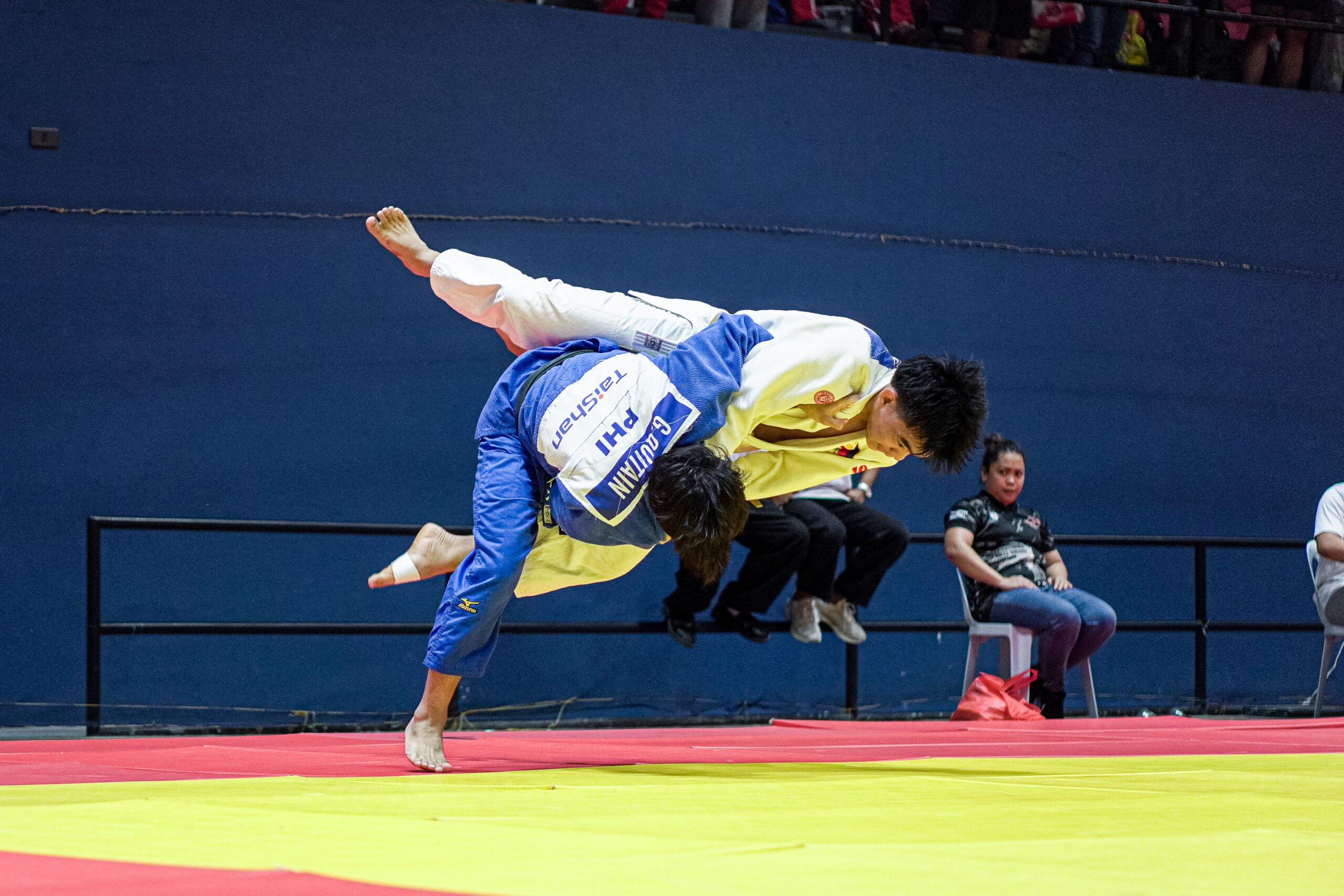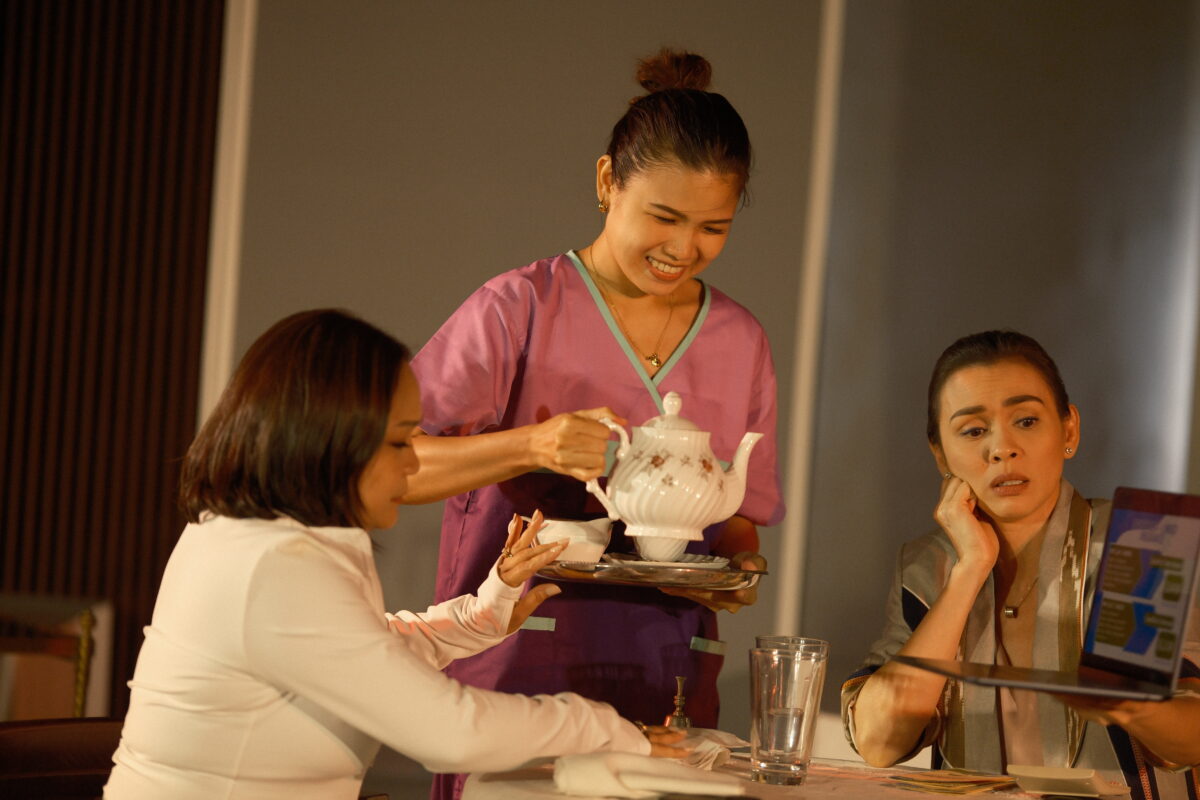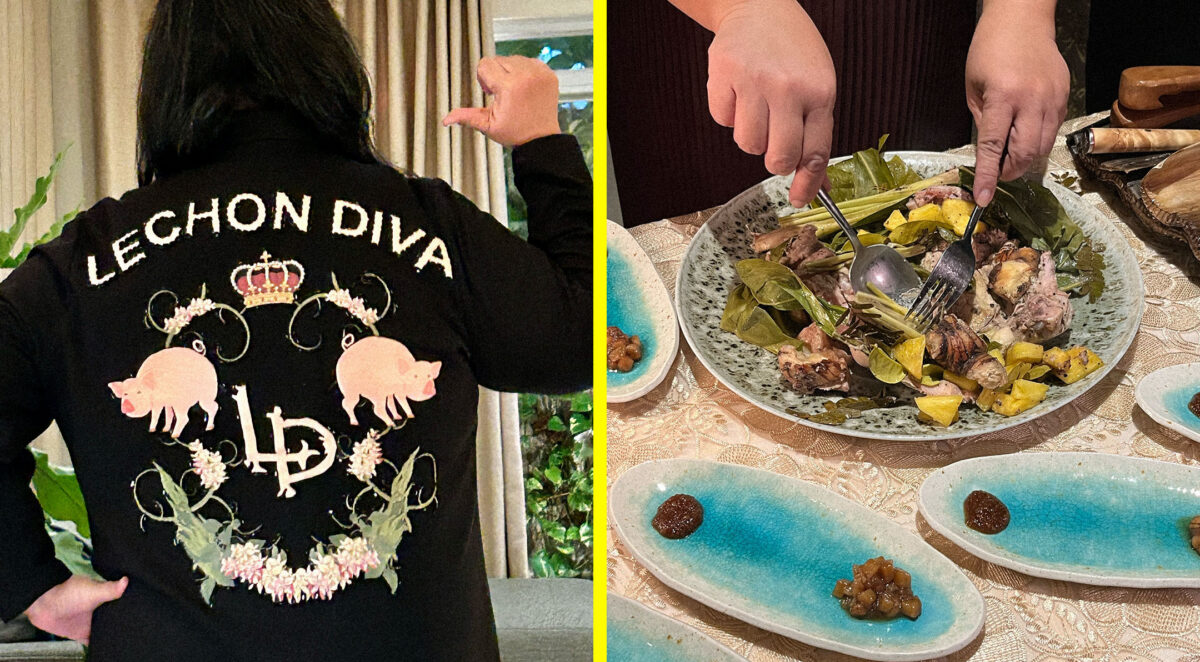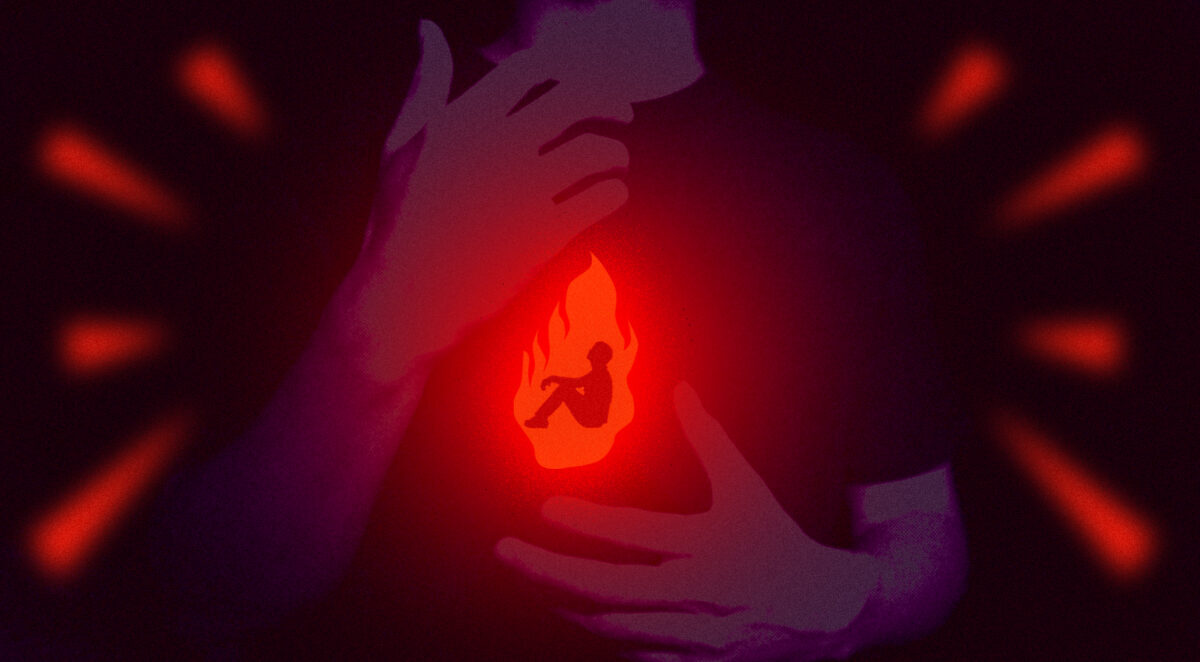The year 2020 was supposed to be a year of big changes for La Salle Green Hills (LSGH).
For the first time in 60 years, the grade school and high school departments would be integrated under one principal. They were switching from quarterly to trimestral system, which they had already tried and thought would be beneficial for both students and teachers.
Then there’s the most controversial change—the board’s decision for the senior high school to go coeducational, ending LSGH’s status as an all-boys school.

“If things were normal, those would have been the changes,” said Bro. Edmundo Adolfo “Dodo” Fernandez of the Institute of the Brothers of the Christian Schools. He is president of both LSGH and De La Salle-College of Saint Benilde (DLS-CSB).
But the new coronavirus disease struck, adding a lot more to Fernandez’s already full plate. LSGH and DLS-CSB have spent the past few months facing the challenges of the pandemic while preparing to transition to online learning programs that will keep students safe at home in the next school year.
LSGH has LSGH FLETCH: Flexible Lasallian Education through Technology, while CSB has BOLT or Benilde Online Term.
Fernandez, once an LSGH student himself, is unfazed. “However uncertain things are and will be, we continue to move forward as one Lasallian family, keeping in mind the safety and well-being of every member of our community, most especially our students,” he wrote in a letter to the LSGH community.
He told ToBeYou in a video interview: “I thought we needed a disruption. Of course, I got the biggest disruption of all. But I think this is the right opportunity. It’s the right time. I think there is no other appropriate time. Kumbaga, seize the opportunity.”
In this interview, he talks about the pandemic, the switch to coed and how La Salle DNA is an advantage in these trying times.

How have students reacted to news about LSGH going coed?
The students are not too happy. And the alumni, they’re not happy. If you analyze their reasons, [they’re] very emotional. “Paano na ’yung homecoming namin?” Our homecoming has a reputation for being a bit raunchy. “Paano na ’yung organization natin?”
The transition has been a bit controversial with the alumni. But the more I think about it, the more it’s the way to go. De La Salle University (DLSU) went coed in the ’70s… and look at where DLSU is now.
What about the teachers?
They’ve been very supportive. We have teachers who have daughters, so they’re very happy about that. Most of them think it’s for the good of the boys and for the good of the school.
What’s the population of LSGH high school?
It’s 4,000. Ten years ago we were 5,000. This was without senior high school.
We’ve been trying to grapple with that decline. There are many factors—the demographics, the traffic in the area. The area has become less residential and more commercial. I think a trend among private schools is that enrollment is declining. I asked Ceap (Catholic Educational Association of the Philippines) and Paascu (Philippine Accrediting Association of Schools, Colleges and Universities), and invariably, they would say, “Oh, Brother, that’s for all private schools.”
But to me, the more important reason for switching to coed is also the holistic formation of the boys. It’s almost a no-brainer that if you put girls in an all-boys school, the behavior of the boys will tend toward being more gentle, being more gentlemanly. So it’s really, to me, a holistic formation of our gentlemen.
How many female students are you expecting, and how many can you accept?
Actually I didn’t expect much, but you know on the second day after we announced, we already got 30 applicants. I’m happy with the response. We have a number of alumni transferring their kids from Zobel. I’m very encouraged by the response. It’s positive, I would say. We can get many. Malaki ’yung senior high school namin. Last year, we had about 14 sections.
What kind of preparations does a school need to switch from all-boys to suddenly coed?
Physical lang eh, like some of our toilets. Our curriculum remains the same. Maybe we’ll just have to look into physical education. We do have programs that are not typically for boys. We have cooking. We offer practical work like sewing, how to sew buttons back onto your shirts. I think if you have programs that will suit the girls, I think it’s also healthy for the boys to get into that.

I read in your letter that there will be tuition subsidy for the first 20 female applicants. How big is the subsidy?
We’re offering 20 percent off the already discounted fees.
Was FLETCH something you had already been planning, or was it something you had to do in response to the pandemic?
We have had some minimal online experience, but I don’t think any high school or elementary school can say honestly they’re fully prepared. We really had to make a decision to go full online. We don’t have any choice, basically. I’ve been pushing them. The academic team has been meeting almost daily. We’re going to start simulation online, so that when we open July 20, we would have had seven weeks of experience, because I am sure there will be a lot of issues that will arise.
So you will be fully online when LSGH reopens in July?
Yes. And if government allows by September, we will have blended learning. When we say blended, it’s really not full on-site. We’re trying to come up with a program where maybe for two or three days, they can be in school. The rest of the week they can be at home. We’re trying to come up with a schedule that will be at least safe and healthy.
How high-tech is LSGH?
In terms of hardware, our classrooms are pretty good. From a grade of one to 10, baka mga eight. We have monitors in every classroom. We’re connected. I don’t know how, in terms of percentage of teachers, how many of them are able to do a full online, or whether they’re ready and capable. And that’s why the byword in all schools today is retooling. So between now and the time we open, we will have to retool the teachers, so that they begin to understand what online teaching is.
Do you ever see La Salle going back to classroom-based learning, or do you think if the blended thing works, you’ll stick to it, pandemic or not?
That’s a very good question. I think all schools will have a huge learning experience with the full online. I think, in the end, it will be somewhat blended, even if things are now normal because people will realize, “Oh we can stay at home, we don’t have to go to school.” I think it will be a bit of both. I think there is value in coming to school. I have no doubt about that. But as we realize that learning can take place at home independently, I think there will be more of that.
Aside from safety, what’s the main challenge of the educational system in this pandemic?
We’re having difficulty. I’m worried about the future. I have to look after our teachers and personnel. I can’t imagine other schools, and how difficult it must be for them to stay afloat. Kasi you don’t have enrollment, you don’t have revenue stream. You don’t have something to pay your teachers, unless you’ve had a huge income that you keep as buffer, then you probably will be OK for six months or maybe a year, but it’s going to be very hard. That’s why schools are scrambling to go online.
Online learning presents a lot of challenges. Connectivity. Number of gadgets at home. For example, if there are four or five siblings battling for one computer. If the parents work at home pa. So we’re having to take all those into consideration. I suspect online learning, a successful one, will be highly personalized, depending on the household. A parent can say, “Sorry, I can’t follow your schedule because at this time, my kid does this.” It has to be adaptable and flexible depending on the current needs.
Do you have a model that you’re following?
Wala nga, eh. If you look at the current model of the teacher standing in front and teaching, that’s not going to be the same in online learning. At most maybe the teacher will probably speak for 15 minutes. The teacher online becomes a facilitator. This will be good for independent learners. But for learners used to being spoon-fed, that might be a bit difficult to transition to.

What concerns have the teachers been expressing about the transition?
Their connectivity. Some of our teachers live far away, about two to three hours, in Bulacan, Laguna, Binangonan… some don’t have a reliable connection. Some don’t have appropriate gadgets. And then, they were asking, “Are you going to subsidize our internet?,” which is a valid concern. If the government allows us to open our campus, we’re looking at having stations where teachers—and even students—can come and work. We’re trying to address those concerns simultaneously.
We were discussing, do we give tuition fee discount? The finance people on my board were saying, ay oo, konti lang naman trabaho sa online. Naku, nag-react ang mga academician. No, in fact, there will be more work if you do online. You need a lot of preparation. You need a lot of creative thinking as to how to make this interesting. It will be a steep learning curve for teachers. Unlike in the classroom, you can discipline a student, eh ito, pag tumayo, umalis, paano?
I can’t even imagine how you’ll do quizzes. It will be so easy to cheat.
The whole model for online will be very different. Our advisors have mentioned that we should try and avoid assessment. So meaning no examinations, no quizzes… grades will be based on output. We have schools in Singapore, in Hong Kong, so I’ve been asking our academic team to look at how they’re doing online learning.
Qualitative talaga yung output, more than scores.
Correct. Because everything, they can get online. Maybe it’s a good thing, memorization would be a thing of the past. It will now be critical thinking, the ability to put things together or synthesize different ideas. It will be higher thinking skills, I would imagine.
Do you dialogue with parents?
Yes, in fact, in our online program, meron kaming feedback day with parents every Friday. It’s really a constant dialogue and partnership with them; even in this simulation that we’re launching, we will have constant feedback day with parents every Friday.
It’s really a constant dialogue and partnership with them; even in this simulation that we’re launching, we will have constant feedback from parents.
How is the DNA of La Salle education an advantage in this situation?
I think our ability to be flexible. La Sallian education is a practical kind of education, it’s not up in the clouds. It’s a very practical kind of education. We teach our boys to be streetsmart. I’m hoping that we hold on to that quality of the education that we have for online.
What will the addition of females add to La Salle DNA?
I hope the boys become a bit more like gentlemen. You know how an all-boys school can be. Part of opening it to girls is also being inclusive. To me,there are more advantages to going coed. I have to say, because I come from this school, it wasn’t an easy decision for me to go coed. I understand exactly what the alumni are saying. You know, mawawala na yung all-boys flavor, yung exclusivity, the old boys club. I understand that. But having said that, I think, the way to go is to go coed. And again, yung coed namin is only senior high school. I’m not committing all the other units… The reason basically is senior high school is preparation for college. The boys are pretty much mature when they reach Grade 11 and 12. So, it’s an easy transition for girls and boys.
It’s interesting that despite the challenges you’re facing in this pandemic, you still managed to do different things to help, including turning your schools into safe shelters for health workers.
That’s in our DNA. To be socially just. If you look at the history of the brothers and La Salle and LSGH… We had Namfrel (National Citizens’ Movement for Free Elections) here, pag may rally noon sa Edsa, dito nagco-congregate… When they came to us for help, it was an easy answer. Yes, we will have them here. Medical City and later on Cardinal Santos were very, very appreciative. It’s our own little way of helping. It’s part of our role to teach our students what social justice is all about.

